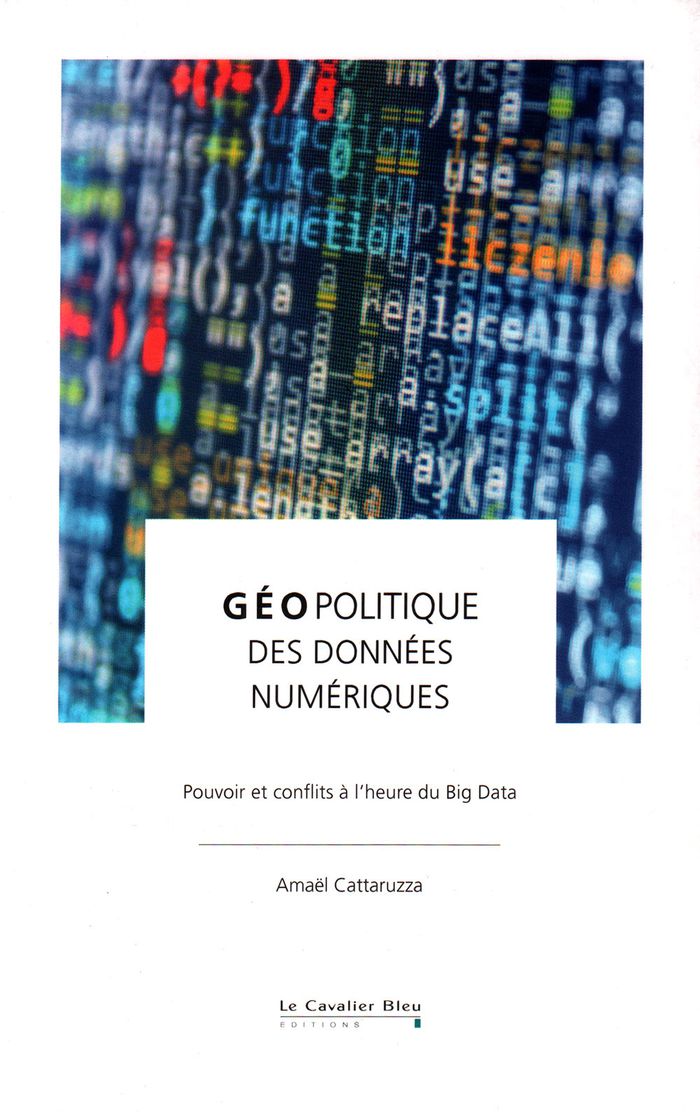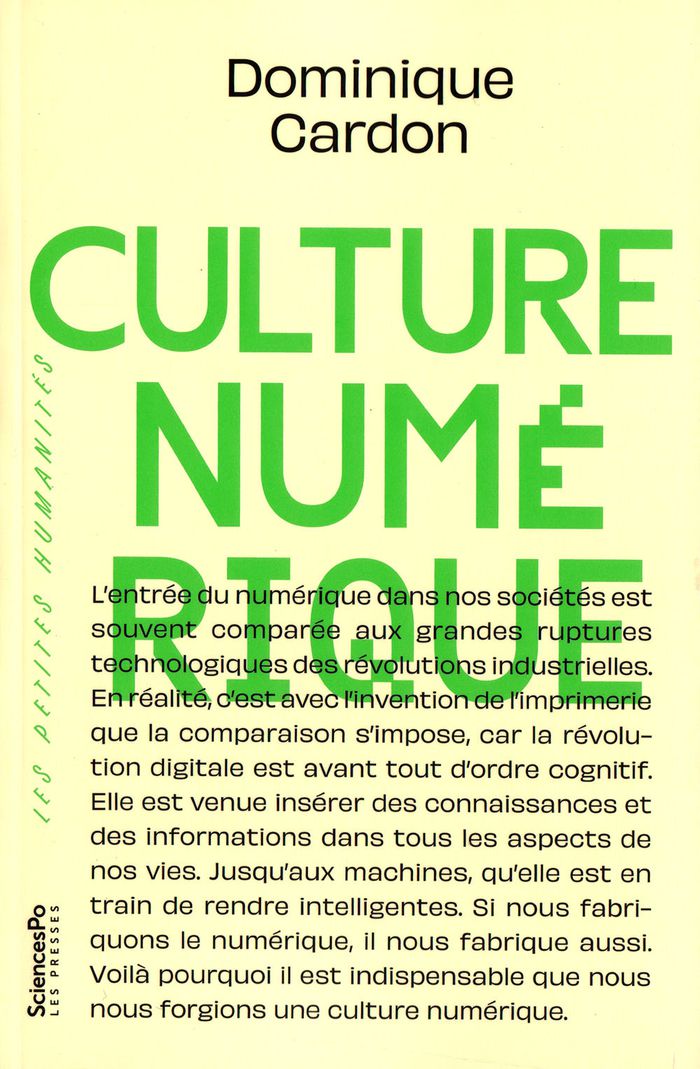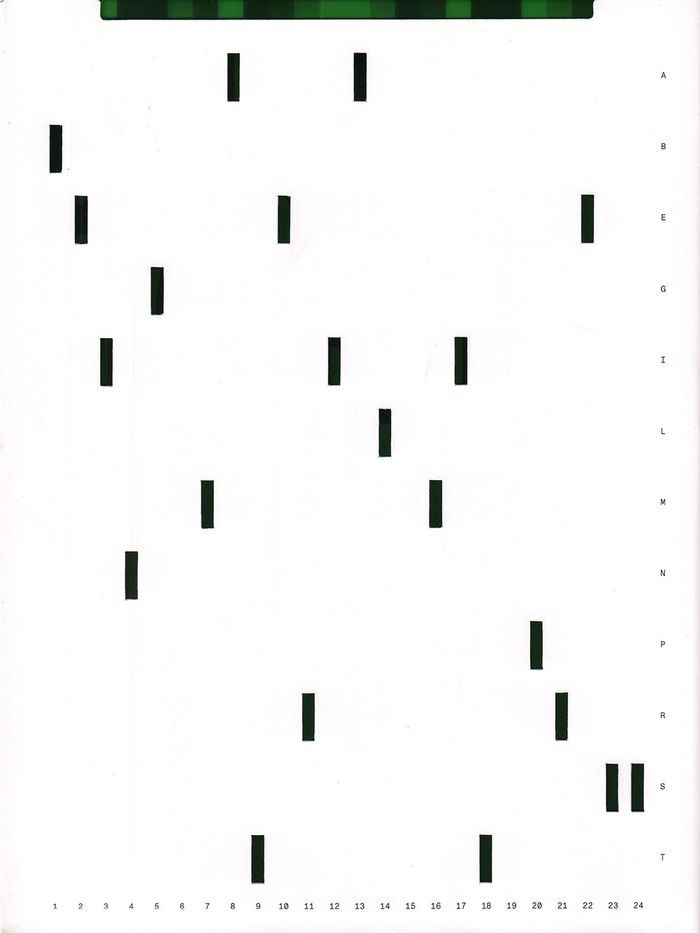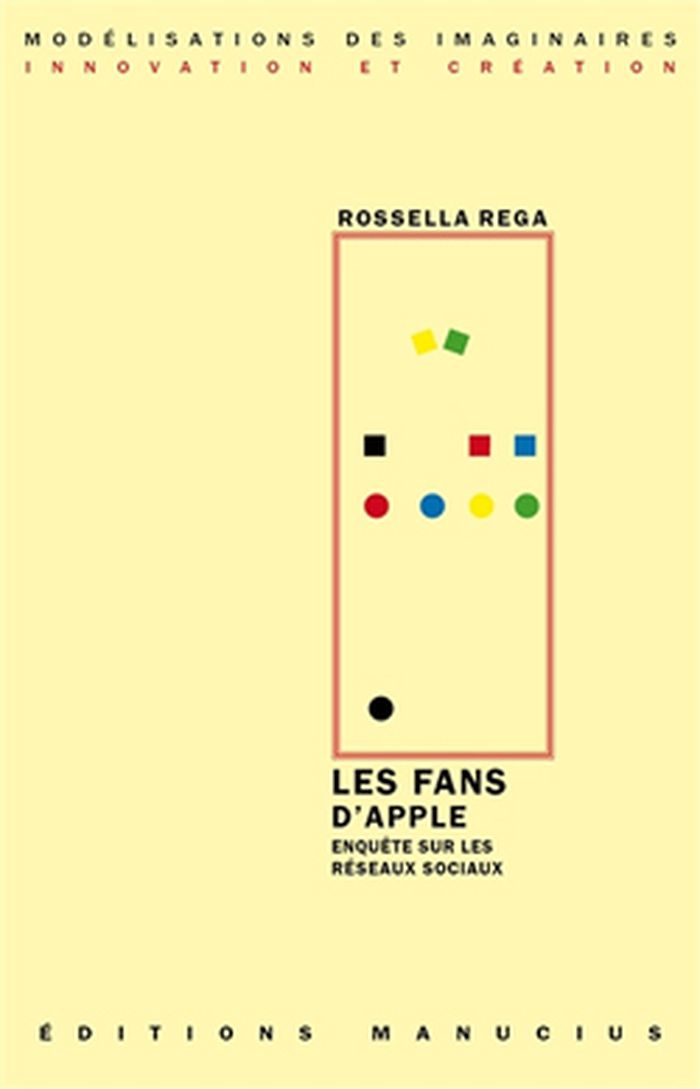Moving archives
$85.00
(disponible sur commande)
Résumé:
The image of the dusty, undisturbed archive has been swept away in response to growing interest across disciplines in the materials they house and the desire to find and make meaning through an engagement with those materials. Archival studies scholars and archivists are developing related theoretical frameworks and practices that recognize that the archives are anything(...)
Moving archives
Actions:
Prix:
$85.00
(disponible sur commande)
Résumé:
The image of the dusty, undisturbed archive has been swept away in response to growing interest across disciplines in the materials they house and the desire to find and make meaning through an engagement with those materials. Archival studies scholars and archivists are developing related theoretical frameworks and practices that recognize that the archives are anything but static. Archival deposits are proliferating, and the architects, practitioners, and scholars engaged with them are scarcely able to keep abreast of them. Archives, archival theory, and archival practice are on the move. But what of the archives that were once safely housed and have since been lost, or are under threat? What of the urgency that underscores the appeals made on behalf of these archives? As scholars in this volume argue, archives—their materialization, their preservation, and the research produced about them—are moving in a different way: they are involved in an emotionally engaged and charged process, one that acts equally upon archival subjects and those engaged with them. So too do archives at once represent members of various communities and the fields of study drawn to them. "Moving Archives" grounds itself in the critical trajectory related to what Sara Ahmed calls “affective economies” to offer fresh insights about the process of archiving and approaching literary materials. These economies are not necessarily determined by ethical impulses, although many scholars have called out for such impulses to underwrite current archival practices; rather, they form the crucial affective contexts for the legitimization of archival caches in the present moment and for future use.
$37.95
(disponible sur commande)
Résumé:
Au cours des deux dernières décennies, la production de données numériques a connu une croissance sans précédent, redéfinissant la puissance entre États, mais aussi acteurs privés (GAFAM) et autres (hackers, cybercriminels, etc.). Cette redéfinition conduit à interroger la notion de frontière dans ce contexte non-clos où la localisation physique peut ne pas correspondre à(...)
Géopolitique des données numériques
Actions:
Prix:
$37.95
(disponible sur commande)
Résumé:
Au cours des deux dernières décennies, la production de données numériques a connu une croissance sans précédent, redéfinissant la puissance entre États, mais aussi acteurs privés (GAFAM) et autres (hackers, cybercriminels, etc.). Cette redéfinition conduit à interroger la notion de frontière dans ce contexte non-clos où la localisation physique peut ne pas correspondre à la location logique ou juridique. Pour traiter cette masse de données disparates, il a fallu créer des outils (Big Data, intelligence artificielles) qui modifient également les rapports de puissance entre les États. Mais dont l'usage modifie aussi l'analyse géopolitique elle-même. Dans cet ouvrage, Amaël Cattaruzza analyse comment les données numériques ont doublement modifié la géopolitique.
Culture numérique
$37.95
(disponible sur commande)
Résumé:
Ce livre raconte un programme unique au monde : la conception, la construction et l’usage de 10 L'entrée du numérique dans nos sociétés est souvent comparée aux grandes ruptures technologiques des révolutions industrielles. En réalité, c'est avec l'invention de l'imprimerie que la comparaison s’impose, car la révolution digitale est avant tout d’ordre cognitif. Elle est(...)
Culture numérique
Actions:
Prix:
$37.95
(disponible sur commande)
Résumé:
Ce livre raconte un programme unique au monde : la conception, la construction et l’usage de 10 L'entrée du numérique dans nos sociétés est souvent comparée aux grandes ruptures technologiques des révolutions industrielles. En réalité, c'est avec l'invention de l'imprimerie que la comparaison s’impose, car la révolution digitale est avant tout d’ordre cognitif. Elle est venue insérer des connaissances et des informations dans tous les aspects de nos vies. Jusqu'aux machines, qu'elle est en train de rendre intelligentes. Si nous fabriquons le numérique, il nous fabrique aussi. Voilà pourquoi il est indispensable que nous nous forgions une culture numérique.
Archives
$26.95
(disponible sur commande)
Résumé:
Archives have become a nexus in the wake of the digital turn. Electronic files, search engines, video sites, and media player libraries make the concepts of “archival” and “retrieval” practically synonymous with the experience of interconnected computing. Archives today are the center of much attention but few agendas. Can archives inform the redistribution of power and(...)
juillet 2019
Archives
Actions:
Prix:
$26.95
(disponible sur commande)
Résumé:
Archives have become a nexus in the wake of the digital turn. Electronic files, search engines, video sites, and media player libraries make the concepts of “archival” and “retrieval” practically synonymous with the experience of interconnected computing. Archives today are the center of much attention but few agendas. Can archives inform the redistribution of power and resources when the concept of the public library as an institution makes knowledge and culture accessible to all members of society regardless of social or economic status? This book sets out to show that archives need our active support and continuing engagement.
Organize
$26.95
(disponible sur commande)
Résumé:
Media organize things into patterns and relations. As intermediaries among people and between people and worlds, media shape sociotechnical orders. At the same time, media are organized: while they condition different organizational forms and processes, they, too, are formed and can be re-formed. This intimate relation of media and organizing is timeless. Yet arguably,(...)
octobre 2019
Organize
Actions:
Prix:
$26.95
(disponible sur commande)
Résumé:
Media organize things into patterns and relations. As intermediaries among people and between people and worlds, media shape sociotechnical orders. At the same time, media are organized: while they condition different organizational forms and processes, they, too, are formed and can be re-formed. This intimate relation of media and organizing is timeless. Yet arguably, digital media technologies repose the question of organization—and thus of power and domination, control and surveillance, disruption and emancipation. Bringing together leading media thinkers and organization theorists, this book interrogates organization as an effect and condition of media. How can we understand the recursive relation between media and organization? How can we think, explore, critique, and perhaps alter the organizational bodies and scripts that shape contemporary life?
Being material
$55.95
(disponible sur commande)
Résumé:
In 'Being Material', artists and technologists explore the relationship of the digital to the material, demonstrating that processes that seem wholly immaterial function within material constraints. Digital technologies themselves, they remind us, are material things—constituted by atoms of gold, silver, silicon, copper, tin, tungsten, and more.
octobre 2019
Being material
Actions:
Prix:
$55.95
(disponible sur commande)
Résumé:
In 'Being Material', artists and technologists explore the relationship of the digital to the material, demonstrating that processes that seem wholly immaterial function within material constraints. Digital technologies themselves, they remind us, are material things—constituted by atoms of gold, silver, silicon, copper, tin, tungsten, and more.
$27.95
(disponible sur commande)
Résumé:
Philippe Artières s'adresse au public.Revêtu d'une blouse grise, assis derrière un bureau en carton confectionné pour l'occasion, il attend ses futurs interlocuteurs. Il recueille leur parole, leurs souvenirs et parfois même des documents. Autant de témoignages intimes, de microhistoires qu'il collecte précieusement et qui constituent une archive sur le lien sensible(...)
Le Bureau des archives populaires
Actions:
Prix:
$27.95
(disponible sur commande)
Résumé:
Philippe Artières s'adresse au public.Revêtu d'une blouse grise, assis derrière un bureau en carton confectionné pour l'occasion, il attend ses futurs interlocuteurs. Il recueille leur parole, leurs souvenirs et parfois même des documents. Autant de témoignages intimes, de microhistoires qu'il collecte précieusement et qui constituent une archive sur le lien sensible entre le Centre Pompidou et ses visiteurs, sur le lien personnel que ceux-ci entretiennent avec l'art et la culture.
$8.95
(disponible sur commande)
Résumé:
L'auteure analyse les codes et les usages des membres de communautés d'internautes amateurs de produits Apple. Elle montre que l'imaginaire déployé découle d'une volonté de la marque de créer un univers technologique au sein duquel les attentes et les rêves des clients sont comblés par une offre de produits informatiques.
Les Fans d'Apple : enquête sur les réseaux sociaux
Actions:
Prix:
$8.95
(disponible sur commande)
Résumé:
L'auteure analyse les codes et les usages des membres de communautés d'internautes amateurs de produits Apple. Elle montre que l'imaginaire déployé découle d'une volonté de la marque de créer un univers technologique au sein duquel les attentes et les rêves des clients sont comblés par une offre de produits informatiques.
Digital keywords
$31.95
(disponible sur commande)
Résumé:
In the age of search, keywords increasingly organize research, teaching, and even thought itself. Inspired by Raymond Williams's 1976 classic 'Keywords', the timely collection 'Digital Keywords' gathers pointed, provocative short essays on more than two dozen keywords by leading and rising digital media scholars from the areas of anthropology, digital humanities, history,(...)
Digital keywords
Actions:
Prix:
$31.95
(disponible sur commande)
Résumé:
In the age of search, keywords increasingly organize research, teaching, and even thought itself. Inspired by Raymond Williams's 1976 classic 'Keywords', the timely collection 'Digital Keywords' gathers pointed, provocative short essays on more than two dozen keywords by leading and rising digital media scholars from the areas of anthropology, digital humanities, history, political science, philosophy, religious studies, rhetoric, science and technology studies, and sociology. 'Digital Keywords' examines and critiques the rich lexicon animating the emerging field of digital studies.
Manifestly Haraway
$29.95
(disponible sur commande)
Résumé:
Provocative, and controversial when first published thirty years ago, Donna Haraway’s “Cyborg Manifesto” is even more relevant today, when the divisions that she so eloquently challenges—of human and machine but also of gender, class, race, ethnicity, sexuality, and location—are increasingly complex. The subsequent “Companion Species Manifesto,” which further questions(...)
Manifestly Haraway
Actions:
Prix:
$29.95
(disponible sur commande)
Résumé:
Provocative, and controversial when first published thirty years ago, Donna Haraway’s “Cyborg Manifesto” is even more relevant today, when the divisions that she so eloquently challenges—of human and machine but also of gender, class, race, ethnicity, sexuality, and location—are increasingly complex. The subsequent “Companion Species Manifesto,” which further questions the human–nonhuman disjunction, is no less urgently needed in our time of environmental crisis and profound polarization.









